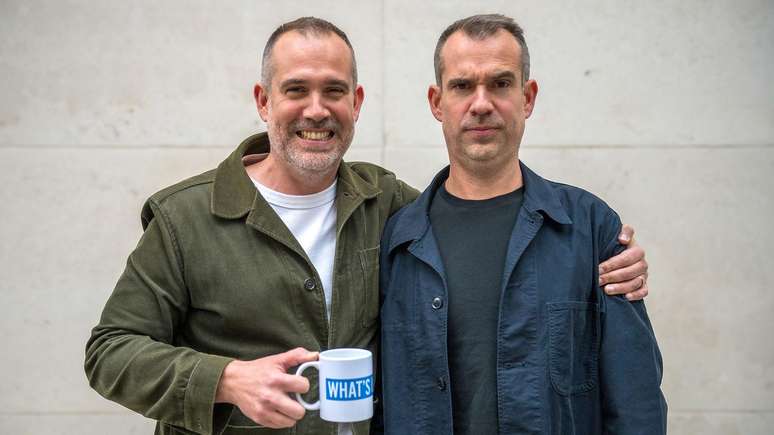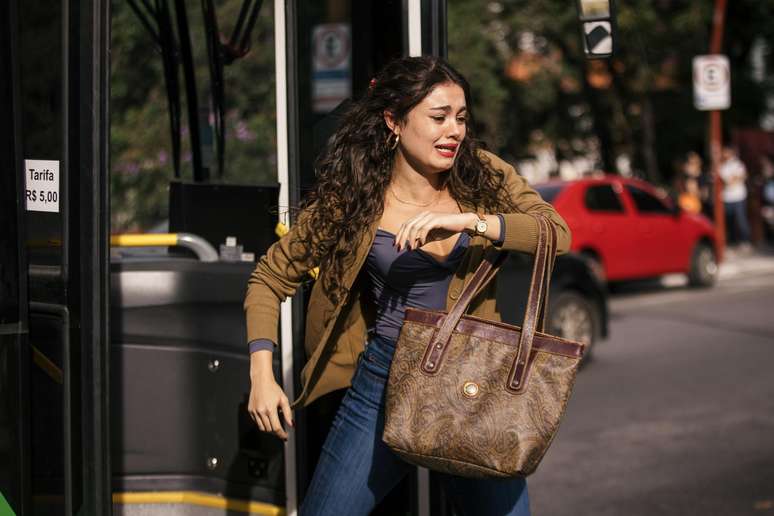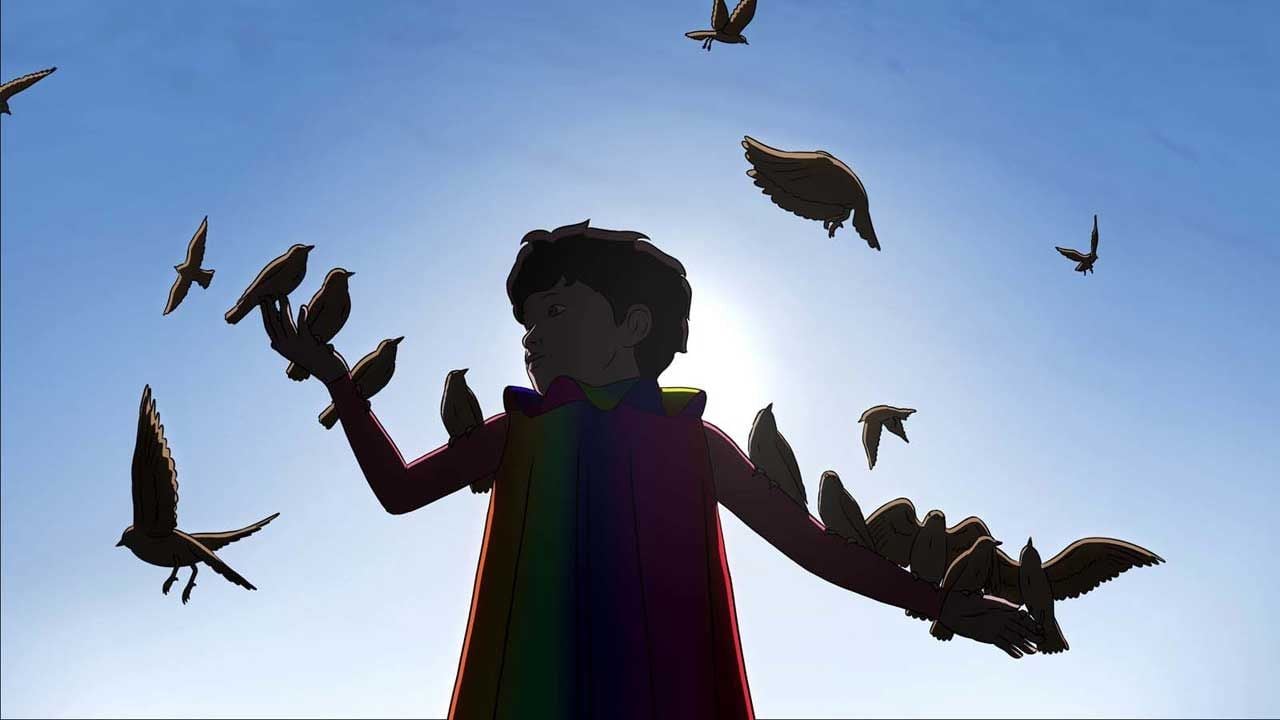Research shows difficulties in accessing public health services.
The greatest difficulties for residents of favelas throughout the country in accessing cancer diagnosis and treatment are the delay in scheduling exams (82%) and access to health institutions (69%). The information is part of the Oncoguia survey
“Cancer perceptions and priorities in Brazilian favelas”
made by DataFavela and Instituto Locomotiva.
html[data-range=”xlarge”] figure image img.img-e81bf27dcd2c6790abf41b5b47ed5c3e4tb6tc2l { width: 774px; height: 774px; }HTML[data-range=”large”] figure image img.img-e81bf27dcd2c6790abf41b5b47ed5c3e4tb6tc2l { width: 548px; height: 548px; }HTML[data-range=”small”] figure image img.img-e81bf27dcd2c6790abf41b5b47ed5c3e4tb6tc2l, html[data-range=”medium”] figure image img.img-e81bf27dcd2c6790abf41b5b47ed5c3e4tb6tc2l { width: 564px; height: 564px; }

The survey was published this Tuesday (09), in Brasilia. The survey listened to 2,963 people, mostly black, classes D and E, from all regions of the country, between January 18 and February 1 this year. Most of the listened audience depends solely on the SUS (82%).
Among respondents, 70% said they try to take care of their health, but report that there is never a doctor at the health center and exams take too long. The survey revealed, for example, that 45% of residents in the favelas find it difficult to get to the Basic Health Unit (UBS), taking an average of an hour to travel.
In another tract, 41 percent of respondents answered that they usually don’t get tested or only get them when they’re sick. That rate drops to 34 percent among people aged 46 and older.
In the evaluation of the founder of Data Favela, Renato Meirelles the study shows the consequences of state abandonment in these communities.
“The favela is not a niche. If it were a state, it would be the third largest in Brazil. There are more than 13,500 Brazilian favelas, with nearly 18 million inhabitants.”he underlined. “The favela concentrates income inequality because the informal market dominates the favela, because many people don’t hire favela residents simply because they live in a favela”.
In communities, 11% cannot tell if cancer is contagious and 19% think it is “divine punishment”. Another 31% believe black people don’t get skin cancer.
In all, the survey showed 63% of ears have a negative association with cancer. On the other hand, 22% make optimistic associations. “The first word that comes to mind when you hear the word cancer is: death, followed by negative feelings and suffering, pain and sadness”indicates the poll.
Seven out of 10 favelas think they have less access to information on the prevention and early diagnosis of the disease. For 68% of those interviewed, prevention is important, but they do not have access to adequate health facilities.
The main obstacle to early diagnosis is the difficulty of scheduling exams on the public network (40%), another 25% indicate misinformation as the biggest problem.
Favela gives votes, millions of votes. That’s why many strive to keep these giant voting fences intact. #datafavela pic.twitter.com/0Wdr9TMTYz
— Claudio Dantas (@claudioedantas) March 18, 2023
Source: Terra
Ben Stock is a lifestyle journalist and author at Gossipify. He writes about topics such as health, wellness, travel, food and home decor. He provides practical advice and inspiration to improve well-being, keeps readers up to date with latest lifestyle news and trends, known for his engaging writing style, in-depth analysis and unique perspectives.








